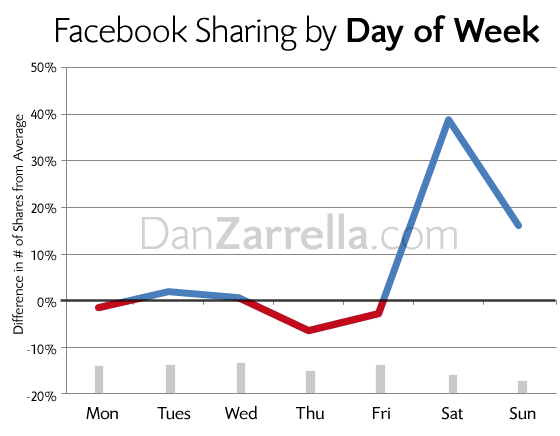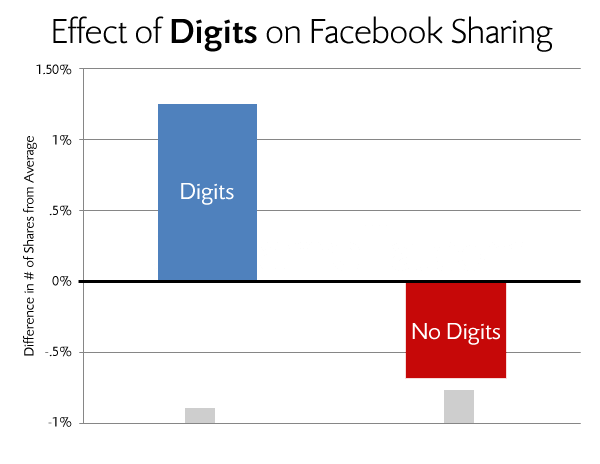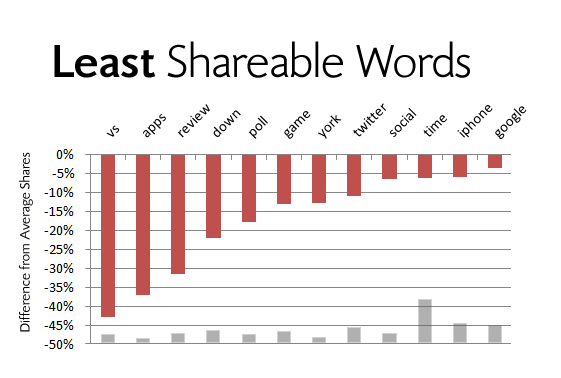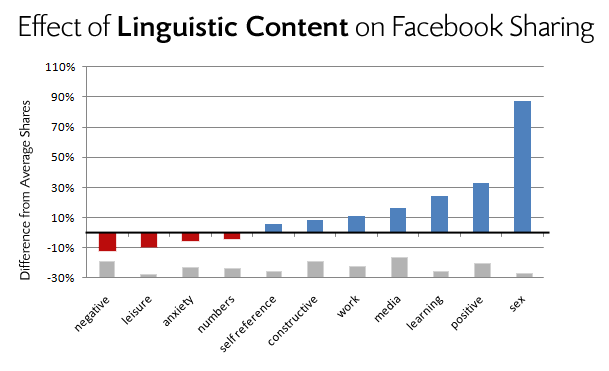Article complemntes of Social Media Explorer
Editor’s Note: The following is a guest post from Ilana Rabinowitz, Vice-President of Marketing for Lion Brand Yarn Company.
These three concepts are not new – in fact they are age-old techniques that merchants have used whenever they came to public markets to sell their wares and stood face-to-face with the customer. For a while, in the era of mass media, these vital elements were lost, but now, digital marketing tools like websites and social media give us the opportunity to recapture elements of that personal relationship.
What has also changed are the customers. They are bombarded with messages and showered with choices. They need some way to tell the difference between you and the competition. These three concepts, ideally suited to the mechanics of social media, will help make the competition virtually disappear by creating a place in the universe of products and services that is yours, and yours alone.
1. Storytelling
When you communicate by telling a story, you influence people by helping them decide for
themselves what the truth is. That was the premise of the movie,
Inception: the most powerful idea is one you are able to come to on your own (an application of the first rule of storytelling 101: show, don’t tell.)
Stories are told in “about us” pages, on YouTube and on blogs.
This about us page from Top Secret Recipes, is an example of effective storytelling. Todd Wilbur, the owner of the company, shares his struggle to replicate his favorite store and restaurant-bought foods using recipes he found online but was always disappointed in the results, so he set out to create recipes himself. He went from being a guy who couldn’t hold a job to a becoming a best-selling author just as his bank account was about to run dry. Even though the story is over 1,000 words long, it holds your attention, and in the end, you want to buy his recipe book, even if you don’t cook.
What if you sell something as simple as notebooks or pens? How do you tell a story about a so simple a product? Look at what
Moleskine or
Shaeffer Pens have to say about their products and you’ll see how a great story can wrap itself around even simple office supply products.
Daily Grommet uses the art of storytelling to sell products through videos. On this site, a new product is featured every day in a video where the story of the company and the product explain why this item has made the cut of this carefully curated video blog.
Why is storytelling so important?
- People can relate to brands through their stories. Stories are humanizing. People connect with stories. (So it’s important for real people to appear in stories.)
- People remember details and messages more effectively through stories. Storytelling helps people create images in the mind and these images “stick” better than just talk. (So don’t shy away from the colorful, quirky details that give your story character.)
- Storytelling conveys the unique evolution of your brand. Beyond the benefits and features is the journey of journey of how your business came to be and why it endures. (So make sure you convey the sense of time, history and journey–a journey the visitor will share with you.)
2. Emotion
In a world with virtually unlimited choice, people don’t need more data, they need information that helps them make a choice. Most people believe they make decisions by weighing all the facts, the pros and cons–but research shows that this is not the way it works.
Jonah Lehrer explains the decision-making process in his book,
How We Decide. He tells the story of a man who had a brain operation to remove a tumor. After having the tumor removed, the patient experienced a strange side-effect. He lost his ability to make a decision. He understood the concept of deciding, and the need to make a decision, yet even the smallest decisions became overwhelming. He could not decide something as simple as whether or not to get dressed in the morning because he was confounded by all the factors that went into making the decision. His inability to make a decision led to the loss of his business, financial ruin and the end of his marriage because, like all of us, he needed to make hundreds of decisions every day of the week in order to move forward.
The renowned neurologist, Antononio Damasio, who treated this patient, realized that the man exhibited no emotion when relating the tragic turn his life had taken. Damasio concluded, based on this and the location of the area of the brain that was removed, that emotions play a key role in decision-making. Emotions provide a form of shorthand, that takes the myriad factors in the decision-making process, and collects them into the feelings that
actually drive us to make choices. If we weighed all of the pros and cons of every decision using all of the rational factors at our disposal, we would not even be able to place a single food item into our cart at the grocery store because we would be considering too many details. Trying to evaluate the nutritional evidence, the tastes of every family member, the relative cost of other similar items, the conflicting opinions on the value of buying organic, the price per pound, and the space in available in the refrigerator, would have us standing in front of a bin of onions until the store closed.
If you would like to see just how effective emotion can be as a selling tool, I can think of no better example than the
famous scene in
Mad Men when Don Draper is pitching the slide projector that was eventually called the Kodak Carousel. His pitch is so filled with allusions to family, good times, blessed events, shared happiness–all the experiences that give rise to powerful emotions, that by the end of his presentation, you don’t really care what he is selling–you want it.
Once you realize that the reasons we act are deeply rooted in an emotional and mostly subconscious process, you begin to understand that connecting with people in a way that moves them is more important than sharing a list of product benefits.
3. Purpose and Meaning
Something marketers have learned from the way consumers respond to extraordinary brands, is that a brand has to stand for something. When a brand has a greater purpose than selling its products, it creates meaning for consumers that keep it top of mind and makes the buying decision easier.
Target is an example of a chain of stores that embraces higher purpose while (not coincidentally) creating an extraordinary and uplifting shopping experience. I walk into Target and I feel good about the well lit, colorful store design, the unique and beautifully designed products and the neat and organized condition of the store. Target doesn’t just look good–they are dedicated to the value of good design.
I also know, from print ads, the website, and the company’s social media, that they have been named one of the most admired companies; that they make significant contributions to charity, especially education; and that they are committed to diversity in their hiring practices. Over 3.5 million people “like” their Facebook page, a virtual engagement-fest where one post often receives over 1,000 comments. Target has earned my loyalty. I don’t even consider shopping at another store if I can find a product there and I always walk out with unexpected finds.
Companies with higher values inspire loyalty. They stay on our radar and come to mind when we need what they have to offer. They keep us interested in their work and engaged with what they have to say. That doesn’t happen with companies that are simply about selling products and making profits.
Check out the websites and social media platforms of some of the most successful companies doing this. What you see is a genuine, sincere commitment to goals, values and purpose that go way beyond (but never neglecting) making the best product. What social media provide are ways for the customer to participate in the purpose and to provide insight that keeps you and them on track. Here are a few examples of such companies:
- Zappos does not just talk about selling shoes, its goal is to make customers happy and their extreme devotion to customer service make this lofty goal a reality.
- Starbucks strives to “inspire and nurture the human spirit – one person, one cup and one neighborhood at a time.” That’s why so many writers, students and entrepreneurs feel at home creating, learning and building a future for their business on their laptops in Starbucks stores.
- Jet Blue doesn’t have a mission statement. Instead they focus on core values–safety, caring, integrity, fun and passion, which makes you feel like part of the team when you help clean up the plane.
- Whole Foods is guided by the words, whole foods, whole people, whole planet. Shopping here is not just about stocking up on fruit–it’s a way of shopping that supports a lifestyle choice.
These brands have created a place of their own. Not everyone is going to love the place a brand carves for itself, but for those who do, their brand will be warmly embraced, and no other place will do.
Now, take a look at the brands you admire. Can you point to those that are good storytellers, that use emotion well in communications and that have a greater purpose than their product alone?
 Rabinowitz approaches marketing with an uncompromising focus on the customer and a grounding in psychology and neuroscience to understand what motivates people to make buying decisions. She believes that businesses need to develop their own media as a means of creating a branded experience for customers. She has spoken at digital marketing conferences including Web 2.0, Blogher Business and Internet Retailer. She is the author of a book about psychology, a book about mindfulness and co-author of a book about the culture of knitting. Follow her on
Rabinowitz approaches marketing with an uncompromising focus on the customer and a grounding in psychology and neuroscience to understand what motivates people to make buying decisions. She believes that businesses need to develop their own media as a means of creating a branded experience for customers. She has spoken at digital marketing conferences including Web 2.0, Blogher Business and Internet Retailer. She is the author of a book about psychology, a book about mindfulness and co-author of a book about the culture of knitting. Follow her on



























 Melissa Barker specializes in online and social media marketing for
Melissa Barker specializes in online and social media marketing for 


 Rabinowitz approaches marketing with an uncompromising focus on the customer and a grounding in psychology and neuroscience to understand what motivates people to make buying decisions. She believes that businesses need to develop their own media as a means of creating a branded experience for customers. She has spoken at digital marketing conferences including Web 2.0, Blogher Business and Internet Retailer. She is the author of a book about psychology, a book about mindfulness and co-author of a book about the culture of knitting. Follow her on
Rabinowitz approaches marketing with an uncompromising focus on the customer and a grounding in psychology and neuroscience to understand what motivates people to make buying decisions. She believes that businesses need to develop their own media as a means of creating a branded experience for customers. She has spoken at digital marketing conferences including Web 2.0, Blogher Business and Internet Retailer. She is the author of a book about psychology, a book about mindfulness and co-author of a book about the culture of knitting. Follow her on

